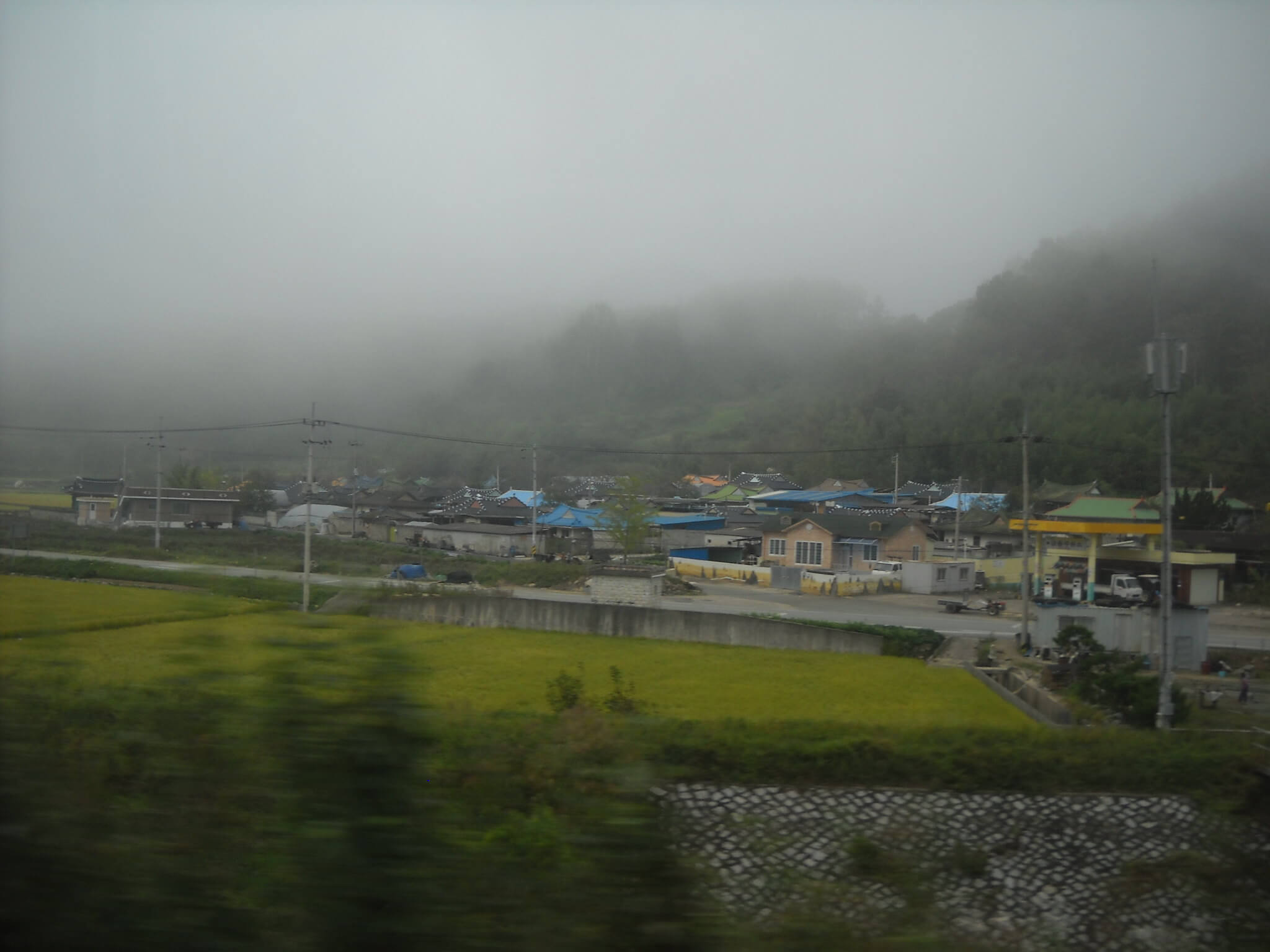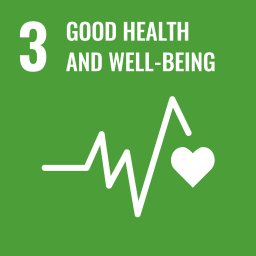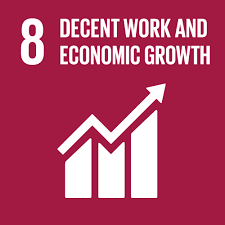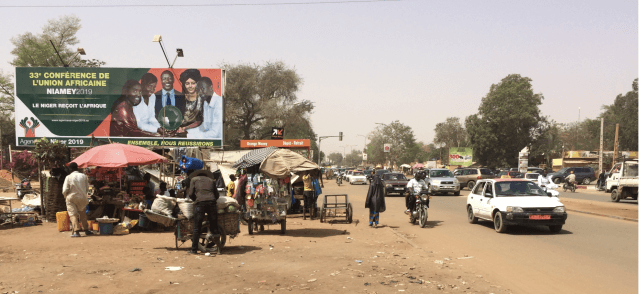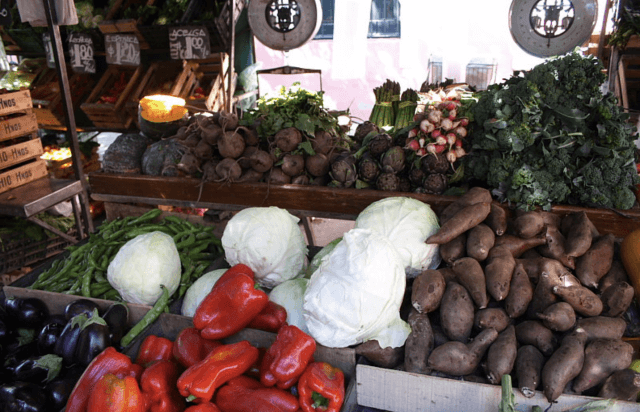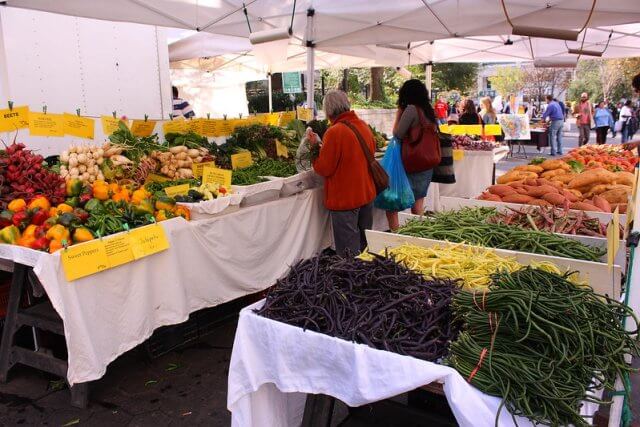The action and its aims
The aim of this project was twofold: to enhance the self-sufficiency of the elderly population and to attract younger individuals to engage in these farming activities. In pursuit of these goals, a farming initiative was established, focusing on branding locally grown corn as a speciality product, aimed to revitalise the local agriculture industry, creating higher-income opportunities for elderly residents. Ultimately, the project aimed to establish a robust circular economy that ensures production, distribution, consumption, and income generation stability.
When it was introduced
This project was introduced in 2019.
Why it was needed
Yeosu’s population is quickly decreasing in size and its population is getting older. Yeosu is projected to witness a rise of up to 56.8% in its population aged 65 or older, while the overall population is anticipated to decrease by over 10% compared to current numbers. Moreover, younger people are not drawn to the agricultural industry. Therefore, better job opportunities for elderly farmers are necessary to make them self-sufficient. Moreover, the industry needs to be more competitive to attract younger people.
Who initiated it, who is involved
The Yeosu city took the initiative to launch this project, with support from various stakeholders including the national university and other partners. Together, they collaborated to develop a sustainable and stable strategy. Local corn farmers and the Yeosu Agriculture Tech Centre worked together to cultivate high-quality, non-GMO corn. The processing stages were undertaken by three companies who also played a vital role in facilitating distribution. Distribution efforts were further supported by the Agriculture Associative Cooperative, Horticulture Cooperatives, and the Yeosu School Meal Support Center. To provide expertise and assistance, Suncheon National University, Korea Advanced Food Research Institute, and Korea Future Agriculture Institute offered consulting services, human resource support, and contributed to new product development. Finally, for nationwide promotion and advertising the Oksusu Alimi network was established.
Impacts to date
As the project progressed, it successfully secured funds from the provincial government. The project created employment opportunities, as the branding of corn as a specialty product garnered national recognition, enhancing the reputation of the local agriculture industry. This attracted a greater number of young and middle-aged individuals to engage in farming practices. Moreover, compared to selling corn through traditional markets, entering into production contracts with companies led to an increase in farmers’ income level. Collectively, the farmers’ total income increased from 1.1 million euros to 1.4 million euros between 2021 and 2022.
For more information visit Yeosu website.
